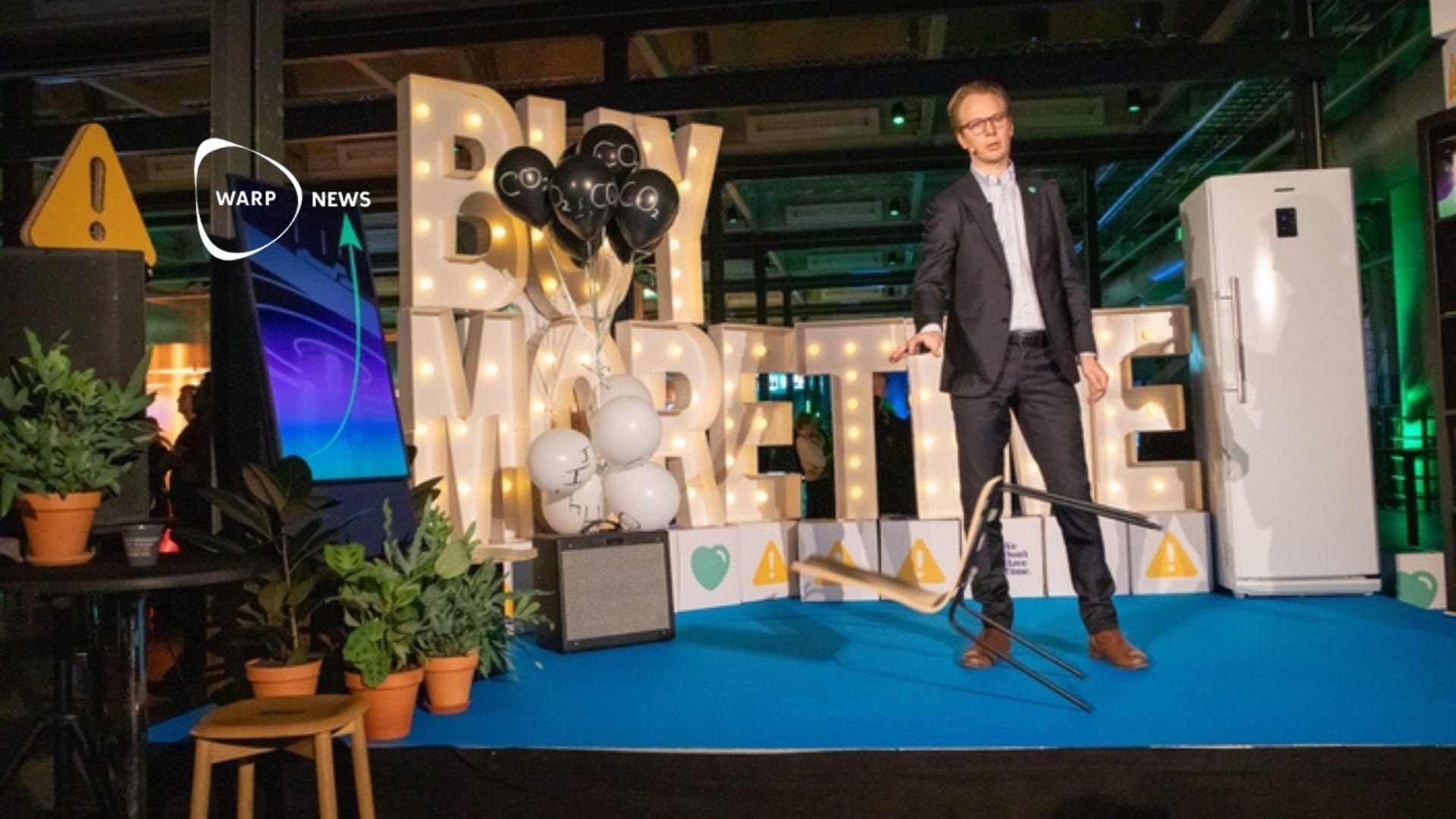Climate Change
🧬 CRISPR adapts crops and livestock to withstand warmer climate
Scientists have already created cattle with shorter coats for warmer climates and rice that can handle drier conditions. Several companies are now working to develop corn with shorter and stronger stalks that reduce the risk of damage during severe storms.
🌡️ New material captures CO2 more efficiently than large trees
A new yellow powder material captures carbon dioxide from the air 10 times faster than other materials. The material can be reused hundreds of times without decreased effectiveness.
🐠 Coral reefs show unexpectedly strong resilience to warming
Coral reefs continue to grow even under warmer conditions according to a new two-year experiment in Hawaii. The experiment shows that coral reefs can survive if global warming is limited to 2 degrees Celsius.
🌎 Buy time: How we can reduce global warming by 0.5 degrees in the short term
Methane is 86 times more powerful as a greenhouse gas than carbon dioxide but disappears from the atmosphere after just 12 years. By focusing on reducing methane emissions, we can have a rapid effect on global warming.
🌳 100 million trees to be planted in Africa to reduce carbon dioxide in the atmosphere
The company Aspiration has committed to planting 100 million trees in East Africa by 2025. Reforestation increases nature's ability to absorb greenhouse gases from the atmosphere. Over 9.5 million trees have already been planted and 8,500 farmers are participating in an agroforestry program.
🏭 Coal power in the richest countries peaked in 2007 - and has halved since then
OECD countries' coal power production has decreased by 52 percent since the peak in 2007. Over a third of OECD countries are now completely free of coal power. Three-quarters of OECD countries are on track to phase out coal power by 2030.
📈 Solar energy grows fastest in Central and Eastern Europe
Electricity production from solar parks in Central and Eastern Europe increased by 55 percent during the first seven months of 2024 compared to the same period in 2023. Poland and Hungary account for the strongest growth in large-scale solar energy in the region.
🌊 Breakthrough: Seawater becomes fuel without hazardous substances
The company Equatic has created a technology that extracts hydrogen from seawater without producing harmful chlorine. The method can simultaneously remove carbon dioxide from the atmosphere and store it in the ocean.
🧊 They are developing a technology to restore sea ice in the Arctic
The company Real Ice is developing a technology to preserve and restore sea ice in the Arctic. The method uses renewable energy to pump seawater onto the ice and create extra ice layers. Testing of the technology in Arctic conditions will soon begin.








